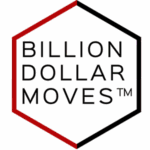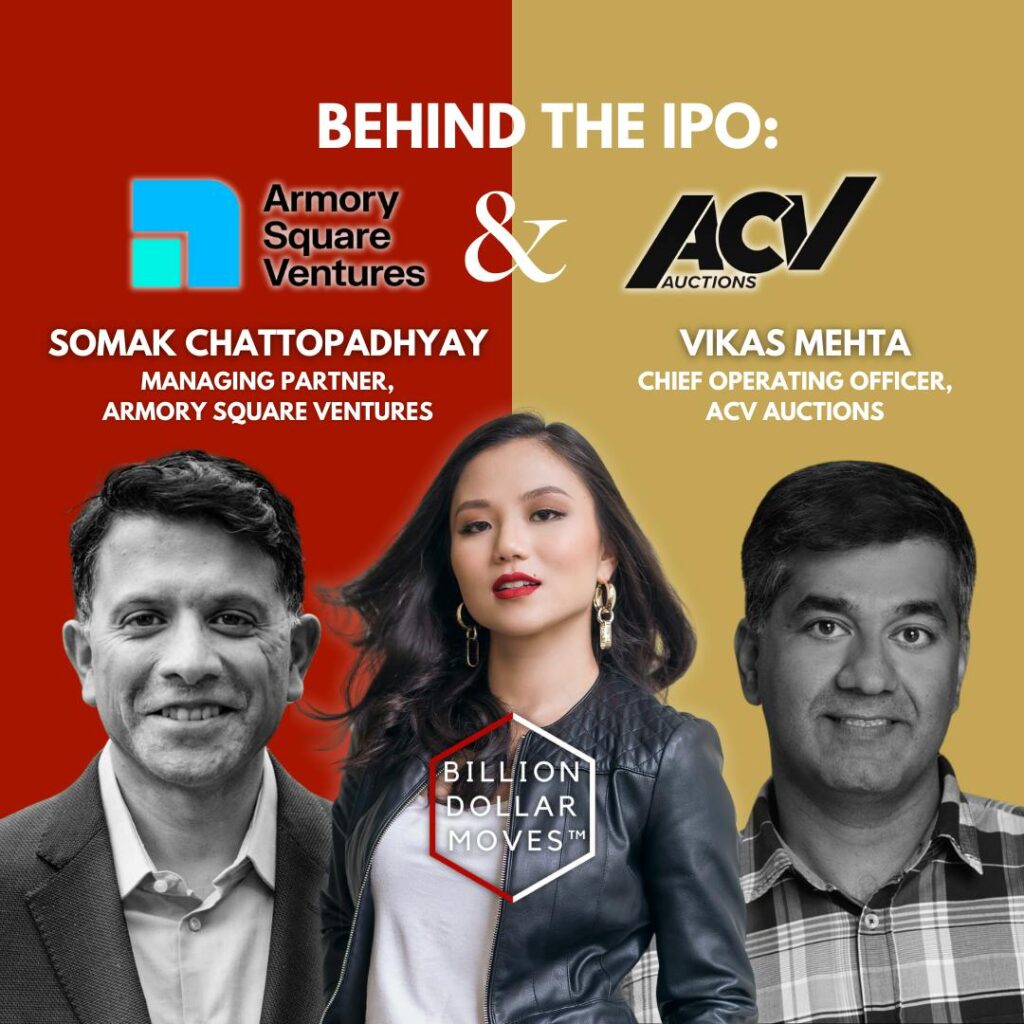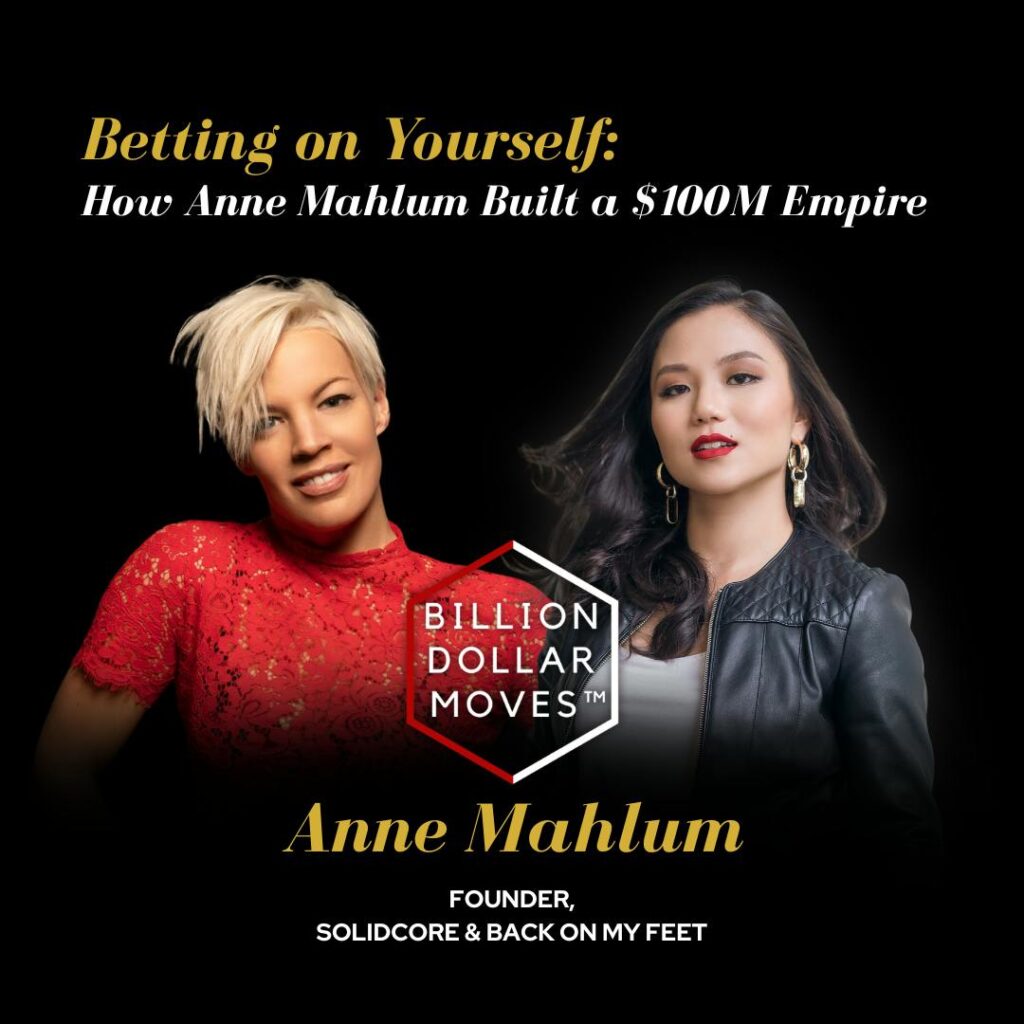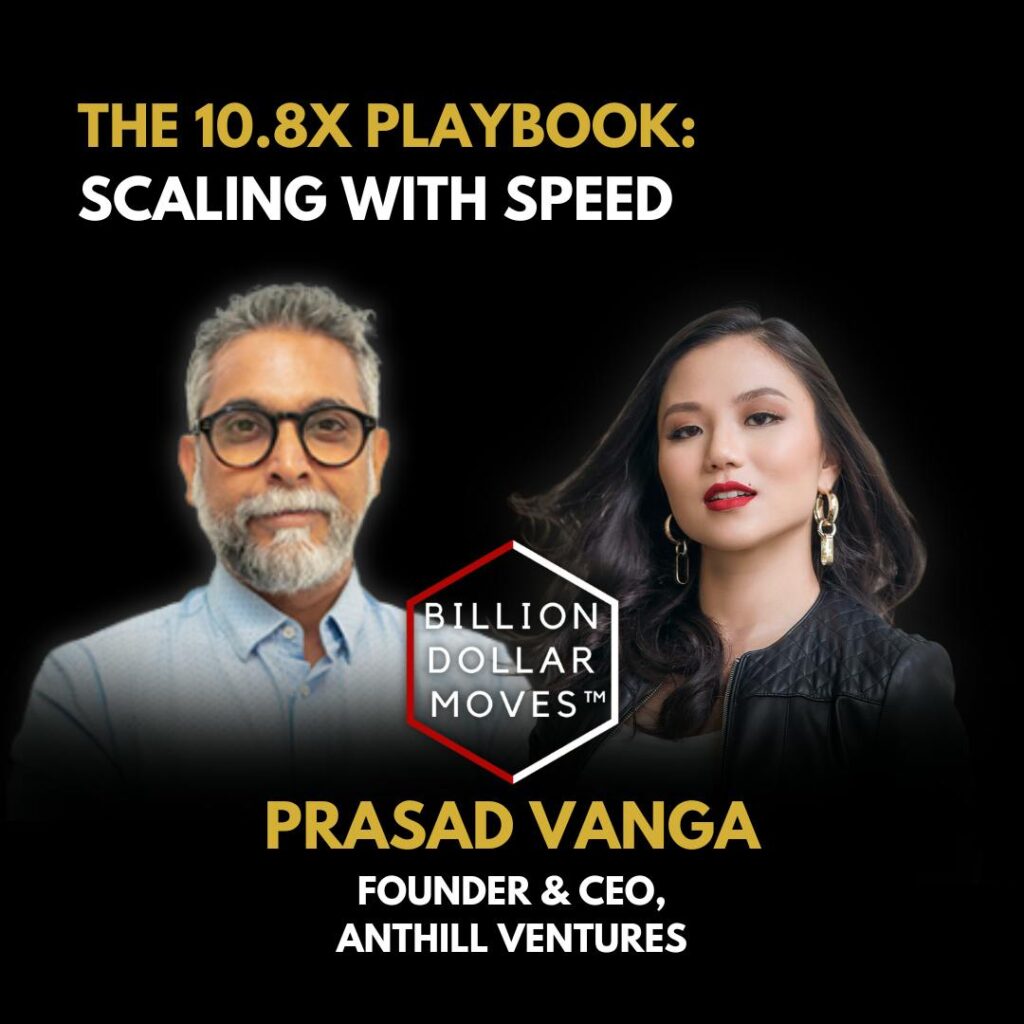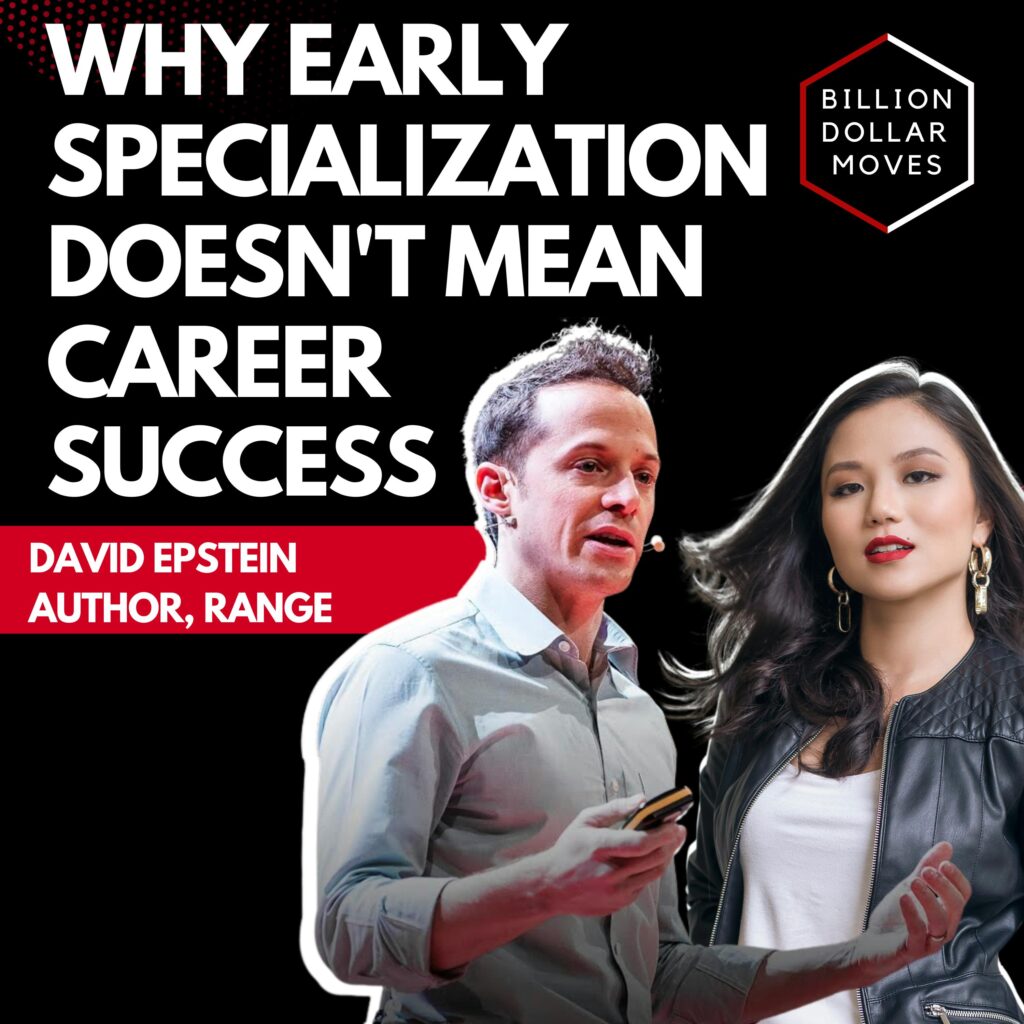Adi and her husband, Alon Cohen, turned their personal frustration into a global leader in the home renovation and design industry. What began as a side project evolved into a multi-billion dollar enterprise, now serving over 3 million professionals and 70 million users worldwide.
Let’s unpack Adi’s #billiondollarmoves in today’s CEO Series!
TIMESTAMPS / KEY TAKEAWAYS
0:00 – Intro
1:44 – Lesson #1: Don’t underestimate the power of being open to opportunities
4:52 – Lesson #2: Bootstrapping in the beginning is not the worst Idea
8:50 – Lesson #3: Build for scale AND RESILIENCE by focusing on sound foundations
13:38 – Billion Dollar Questions
About Adi Tatarko
Adi Tatarko is the co-founder and CEO of Houzz, an online platform for home remodeling and design she and her husband, Alon Cohen, started in 2009. The couple launched the website after they had trouble finding ideas for remodeling their house. Under her leadership, the company has become an influential marketplace in the design industry, connecting millions of homeowners with home professionals globally. Alon replaced Adi as CEO of the company in January 2024.
Prior to founding Houzz, Adi worked in international finance. She holds a BA in Economics from Tel Aviv University. Adi’s entrepreneurial acumen and deep understanding of the technology-driven consumer market make her a valuable addition to any venture capital portfolio.
FOLLOW ADI | LinkedIn
Source:
How I Built This with Guy Rap | Adi Tatarko
Outsider Insight: Adi Tatarko | Sequoia Capital
Adi Tatarko (Houzz) at Startup Grind Silicon Valley
Houzz CEO: Empowering Users | Mad Money | CNBC
–
PODCAST INFO:
Podcast website: https://billiondollarmoves.com
Watch on Youtube: https://tinyurl.com/sarahchenglobal
Join the community: https://sarah-chen.ck.page/billiondollarmoves
FOLLOW SARAH:
LinkedIn: https://linkedin.com/in/sarahchenglobal
Instagram: https://instagram.com/sarahchenglobal
X/Twitter: https://x.com/sarahchenglobal
